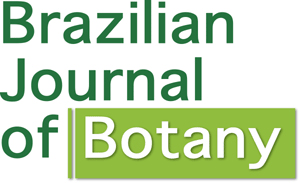Regnellidium diphyllum has its distribution restricted to Southern Brazil and adjoining localities in Uruguay and Argentina. Currently it is on the list of threatened species of Rio Grande do Sul. The conversion of wetlands into agricultural areas or soil contamination by the introduction of waste products and fertilizers may compromise the establishment and survival of this species. Among the pollutants are heavy metals, such as cadmium (Cd). Megaspores were germinated in liquid culture medium, with concentrations 0 (control), 0.39; 0.78; 1.56; 3.12; 6.25; 12.5; 25; 50 and 100 mg L-1 of Cd, starting from a standard solution of Titrisol® at 1000 mg L-1. The increase of Cd in the growth medium to 50 mg L-1 resulted in low germinability (58%), and no germination was observed on 100 mg L-1. In apomictical sporophytes, the growth of primary root and leaf was significantly reduced and no secondary leaf was formed at Cd concentrations of 12.5 and higher than this. The results indicated that R. diphyllum is tolerant to the presence of Cd up to considerably higher concentrations (0.78 mg L-1) than that normally found in unpolluted aquatic ecosystems (0.01 mg L-1), although the sensitivity to higher concentrations might endanger the establishment and permanence of this species in habitats exposed to contamination with this metal.
ecophysiology; heavy metals; pollution; pteridophytes; reproduction



